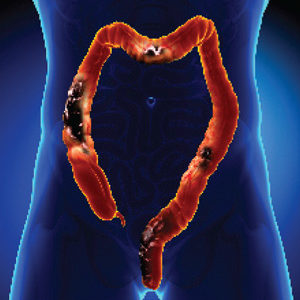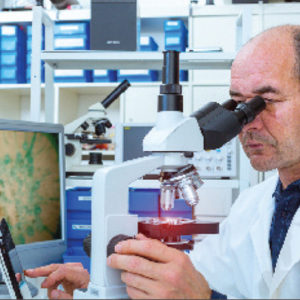
Dear QUEST Readers,: Dr. Catalona – Quest – Winter 2015
We have worked extremely hard this year on our research program in the clinic, the operating room, and the laboratory. Our program involves collaborators from across the U.S. and around the world. Our work has paid dividends in increasing our…










